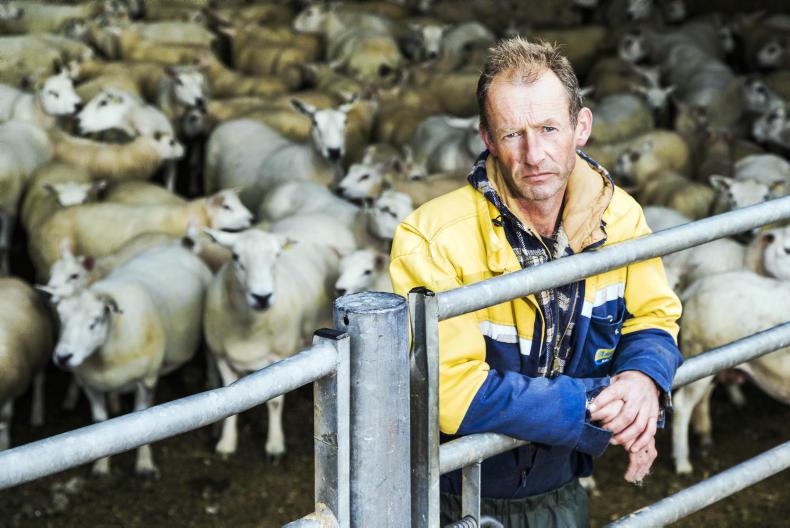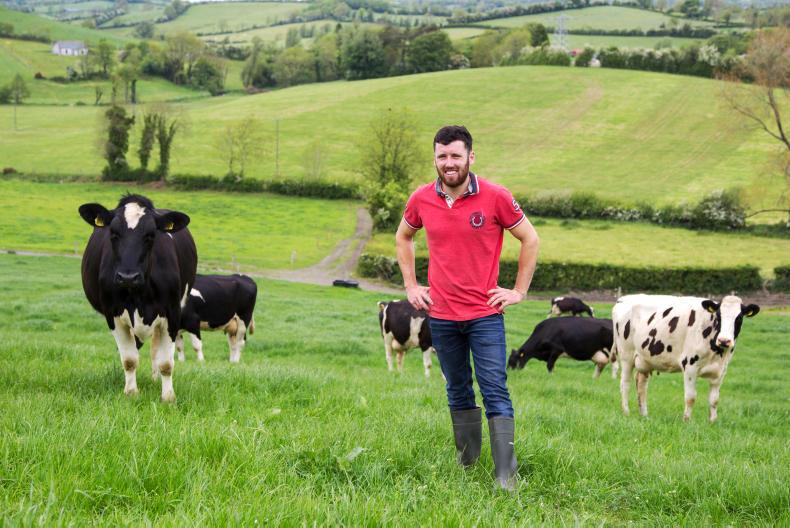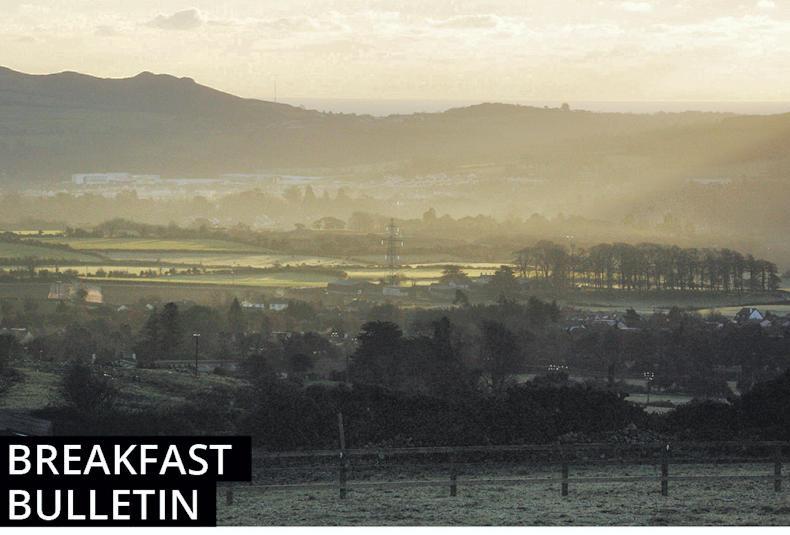Ireland has the lowest area of land in organic farming in Europe, currently at 1.6%.
I think the Department of Agriculture considers the sector as not being worth supporting. There is a small grant available for those farmers in conversion of €220/ha on top of existing payments for a period of two years.
That will hardly compensate for the lower yields expected and not until year three can they expect the slightly higher prices for organic produce.
Retrograde step
As regards Teagasc, there was an organic unit in Johnstown Castle, Co Wexford, but that was closed some years ago. This was a very retrograde step.
As regards the pros and cons of organic versus conventional agriculture, the debate seems to centre around the question of taste and a healthier product to be eating.
There is little talk about the enormous benefits for the environment. The environmental benefits of organics include:
1 Sustainability in the long term, including soil fertility and pest problems. Organics work proactively rather than treating problems after they occur.
2 With no chemicals, water quality will be improved.
3 And with that, biodiversity is also improved.
4 Soil stabilisation, carbon sequestration and less pollution are critical in terms of ecological services.
The Department of Agriculture has no date set to re-open the Organic Farming Scheme and the current one ends in 2020. So the people in the Department would appear to be in no great rush to encourage new entrants into organic farming.










SHARING OPTIONS